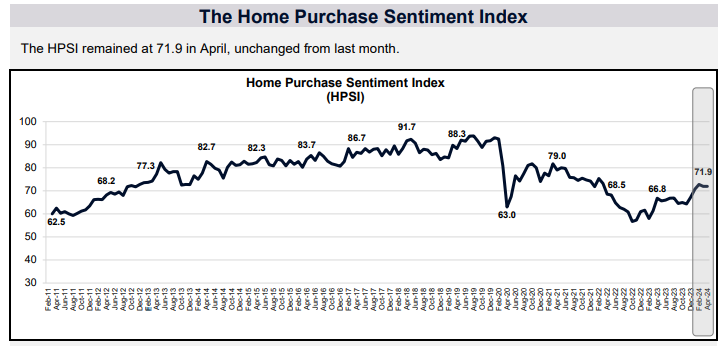Advertisement
Foreclosures shown to erode stability of Latino children and famlies

NCLR (National Council of La Raza), the largest national Hispanic civil rights and advocacy organization in the United States, and the University of North Carolina at Chapel Hill’s Center for Community Capital have released The Foreclosure Generation: The Long-Term Impact of the Housing Crisis on Latino Children and Families, a study which uses interviews with Latino families who have suffered a foreclosure to shed light on the damage inflicted by the loss of their home.
The report is the first to provide a glimpse into the far-reaching impact that record-high foreclosures are likely to have on the millions of American families and children expected to lose their home in the coming years, and it calls for a bold response from federal policymakers.
“An estimated 1.3 million Latino families will lose their homes to foreclosure between 2009 and 2012. This represents a shocking loss of wealth and a major blow to community stability. This study brings to light the human and social costs of foreclosure and the urgent need for stronger government intervention to help homeowners, including those who are unemployed,” said Janet Murguía, NCLR president and chief executive officer.
The Foreclosure Generation documents the experiences of families who are forced to leave their homes due to a foreclosure. Families interviewed generally had exhausted all available resources in an effort to keep their homes, were unable to secure assistance from their mortgage servicer, and often relied on relatives and friends for shelter and assistance. Marital discord, anxiety, depression, children’s poor performance in school, financial loss, and strained relationships between parents and children were among the consequences reported.
“Our findings on the impact of home foreclosures on families are disturbing. Children in particular experience problems in school and are deeply affected by instability in the home. More research is needed to better understand the long-term impact of foreclosures on our communities and to find the best interventions to meet those needs,” said Roberto Quercia, Director, Center for Community Capital, University of North Carolina at Chapel Hill.
Key findings include:
►Job loss and jumps in mortgage payments were the most common triggers that led to default and foreclosure. Families interviewed reported an average loss of $89,155 due to the foreclosure. The dramatic financial loss forced parents to pull back on plans to help their children pay for life expenses, such as college, a car, or a home.
►Despite having reached out for help to avoid their foreclosure, none of the families interviewed were offered a sustainable forbearance, workout, or loan modification from their financial institutions.
►Parents, spouses, and children felt a heavy emotional burden including depression, increased anxiety, tension, and feelings of guilt and resentment.
►More than half of the families reported that their children had academic or behavioral problems in school and had trouble getting along with siblings and making new friends.
►All but one family were left without reserves that they could tap into in case of a financial emergency, and many skimped on needed medical care to save money.
►Almost eight million homeowners in the U.S. are behind in their mortgage payments and an estimated 400,000 Latino families were expected to lose their homes to foreclosure in 2009 alone. By 2050, Latinos will make up 30 percent of the U.S. population, compared to 14% today, and immigrants and their children will account for 82 percent of household growth between now and 2050.
The Foreclosure Generation: The Long-Term Impact of the Housing Crisis on Latino Children and Families offers policy recommendations to stabilize the housing and financial situations of families affected by foreclosure and reestablish homeownership as a wealth-building tool for Americans of modest means. In particular, the report points to the shortcomings of current federal efforts and calls on federal policymakers to take bold steps to stop the loss of wealth through home loss.
“To help the nation recover from the devastation caused by foreclosures, Americans need three things: relief from foreclosures, even if they are out of work; the opportunity for qualified families to purchase newly affordable homes; and stronger consumer protections and accountability standards to prevent future crisis,” said Murguía.
Interviews for this study were conducted by five non-profit community organizations that belong to the NCLR Homeownership Network and provide housing counseling to Latinos. They are Southwest Housing Solutions in Detroit, Michigan; Visionary Homebuilders in Stockton, California; Tejano Center for Community Concerns in Houston, Texas; the Housing Education Alliance in Tampa, Florida; and the Dalton-Whitfield Community Development Corporation in Dalton, Georgia.
For more information, visit www.nclr.org.
About the author





